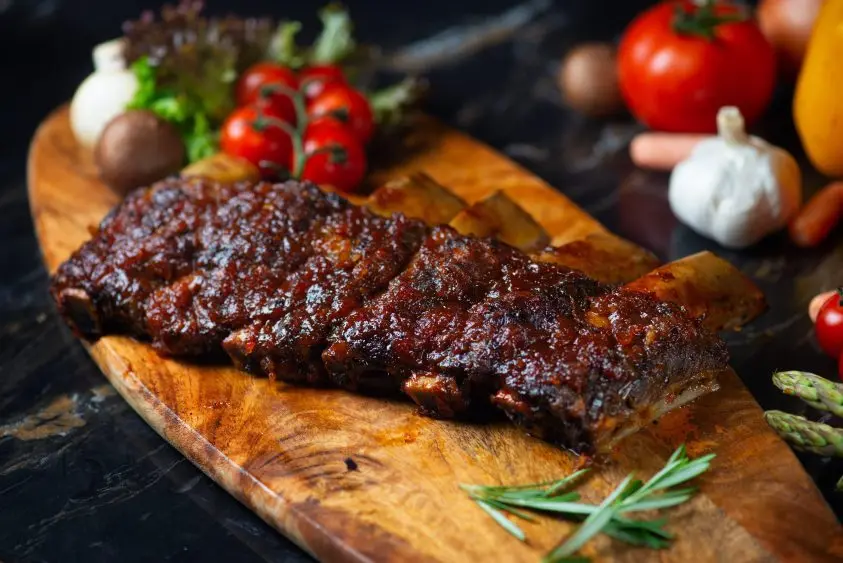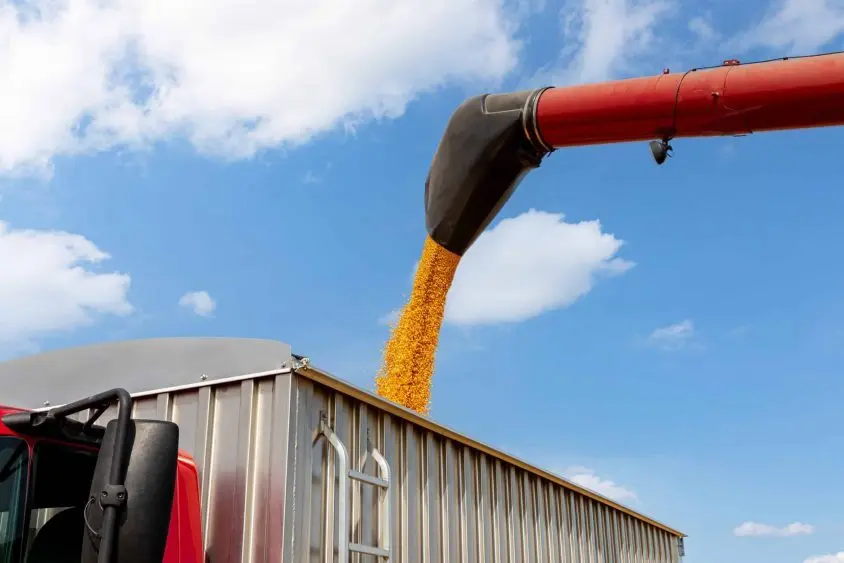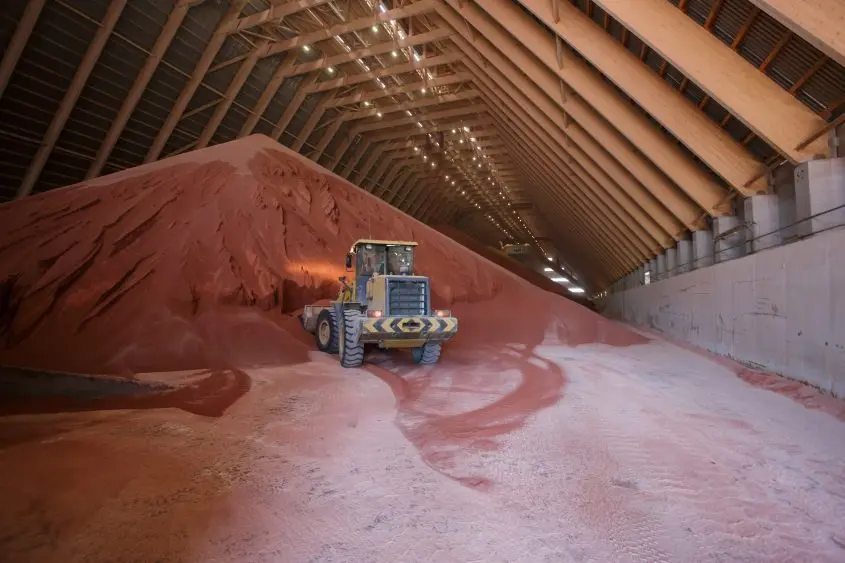
(FARGO, ND) — Members of the U.S. cattle industry, congressional officials and more continue to share their reaction to the reports that the Trump Administration is looking to import beef from Argentina in an effort to lower beef prices at the meat counter.
U.S. Senator Deb Fischer (R-Neb.) released the following statement urging President Trump to prioritize America’s ranchers over importing foreign beef. “Since hearing the president’s comments suggesting the U.S. would buy beef from Argentina, I’ve been in touch with his administration and my colleagues to seek clarity and express my deep concerns,” according to Senator Fischer. “I’ve also been sounding the alarm on the bleak state of our ag economy and the negative impacts facing Nebraska’s ag industry—the economic driver of our state. Bottom line: if the goal is addressing beef prices at the grocery store, this isn’t the way. Right now, government intervention in the beef market will hurt our cattle ranchers. The U.S. has safe, reliable beef, and it is the one bright spot in our struggling ag economy. Nebraska’s ranchers cannot afford to have the rug pulled out from under them when they’re just getting ahead or simply breaking even. I strongly encourage the Trump administration to focus on trade deals that benefit our ag producers—not imports that will do more harm than good.”
Texas Agriculture Commissioner Sid Miller released a statement saying that “instead of offshoring our beef production by buying Argentinian beef, which would increase our already substantial $50 billion agricultural trade deficit, we should consider importing breeding stock to increase our own U.S. beef production capacity. Other opportunities to consider include opening federal lands to grazing and offering tax incentives to increase U.S. beef production. That would encourage more breeding stock and increased herds. All of these options would benefit both U.S. families and the American rancher, and I hope the White House will carefully consider them.”
Bill Bullard, CEO of R-CALF USA, issued the following statement in response to the president’s purported plan. He said in part that “We acknowledge that beef prices are higher than what a competitive market would predict. Decades of failure to manage excessive imports and address unprecedented industry concentration have caused beef prices to disproportionately increase more than cattle prices.”
Bullard added that “Global packers are importing beef from about 20 different countries, including Argentina, and because we do not have a mandatory country-of-origin labeling law for beef, the global packers do not need to reduce the price of imported product compared to domestic product. This negates any theoretical benefit of using more imports to drive down domestic beef prices. The president should immediately require mandatory country-of-origin labels on beef so American consumers can choose to help rebuild and expand our nation’s contracted cattle herd.”
According to an article from Southern Ag Today, Dr. Derrell Peel at Oklahoma State University says it’s not clear how much capacity to increase beef exports exists currently in Argentina. “Domestic beef consumption in Argentina uses 70-75 percent of total beef production in the country. If, for example, the U.S. doubled imports over 2024 levels, it would likely mostly be at the expense of domestic consumption in Argentina or other export markets for Argentine beef. Such an increase in imports from Argentina would have a negligible impact on the total supply of beef in the U.S. market. In fact, if the U.S. took all of the projected 2025 Argentine beef exports (not likely), it would represent less than 2.5 percent of the total U.S. beef supply.”
In a statement, Iowa Farm Bureau Federation President Brent Johnson said “we encourage the administration to resist actions that negatively impact the cattle farmers in Iowa and domestic beef production.” Johnson added in part that “Iowa Farm Bureau detailed the significant downturn in our state’s ag economy in 2024 and the more than $1.5B economic impact from downsizing and layoffs. Amid widespread depressed ag markets, cattle producers are finally seeing positive returns, one of the few bright spots in Iowa’s ag economy, particularly as crop farmers are struggling.”



